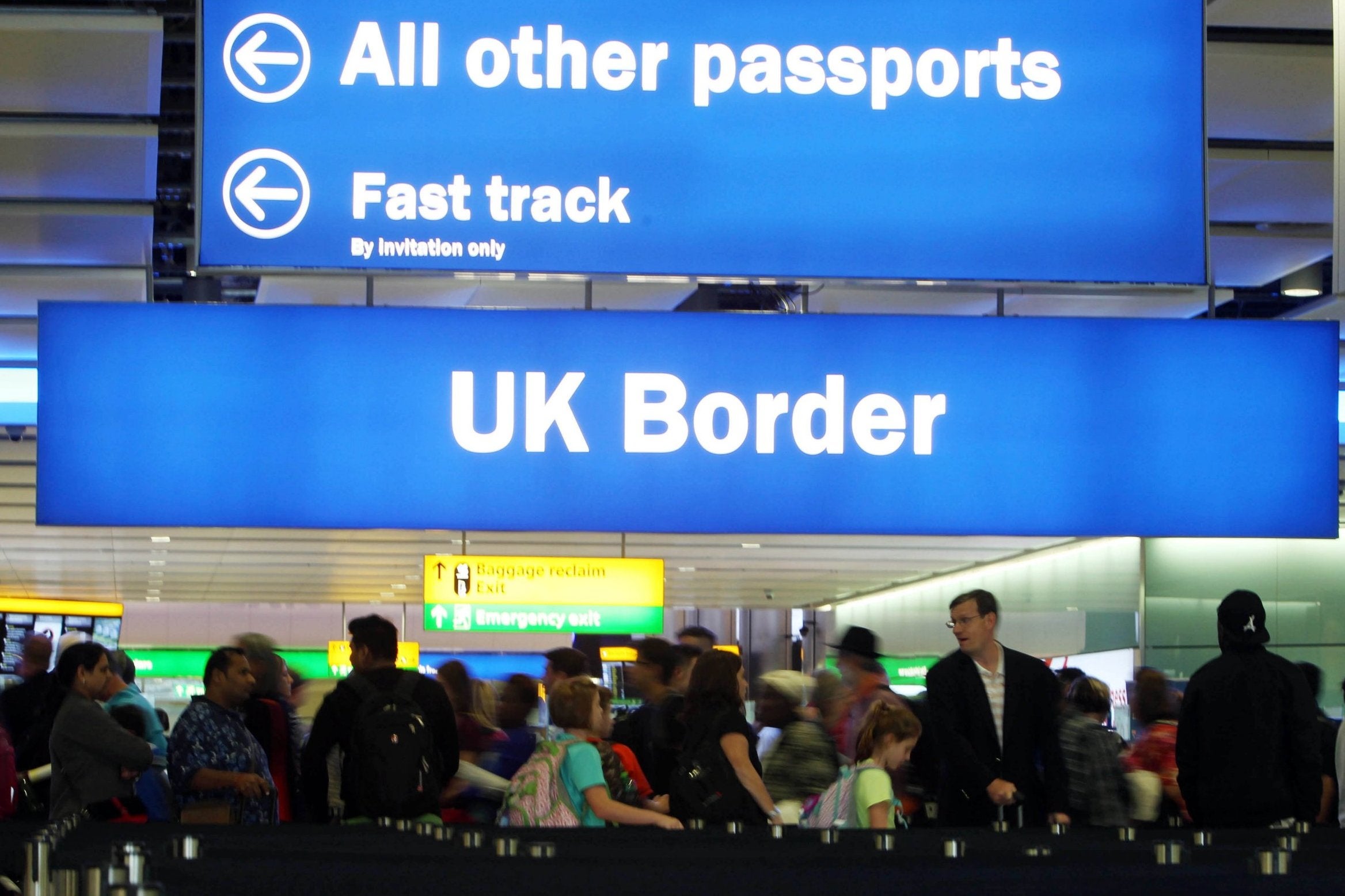Brexit deal: Ministers back down and agree to publish analysis comparing impact of Theresa May's plan with remaining in EU
Climbdown comes after

Your support helps us to tell the story
From reproductive rights to climate change to Big Tech, The Independent is on the ground when the story is developing. Whether it's investigating the financials of Elon Musk's pro-Trump PAC or producing our latest documentary, 'The A Word', which shines a light on the American women fighting for reproductive rights, we know how important it is to parse out the facts from the messaging.
At such a critical moment in US history, we need reporters on the ground. Your donation allows us to keep sending journalists to speak to both sides of the story.
The Independent is trusted by Americans across the entire political spectrum. And unlike many other quality news outlets, we choose not to lock Americans out of our reporting and analysis with paywalls. We believe quality journalism should be available to everyone, paid for by those who can afford it.
Your support makes all the difference.Theresa May has been dealt a fresh blow after MPs forced the government to agree to publish analysis comparing the economic impact of her Brexit deal compared to staying in the EU.
The cross-party amendment was backed by more than 70 MPs from six political parties, including enough Conservative rebels to deprive Theresa May of her majority.
Facing a certain defeat in the Commons, ministers caved and agreed to accept the motion.
It means that, before MPs vote on Ms May's Brexit deal, the government will have to publish Treasury analysis comparing the impact of the proposed agreement with the consequences of the alternative scenarios of a no-deal Brexit and remaining in the EU.
The Office for Budget Responsibility would also have to publish an independent assessment of the accuracy of the government's analysis.
The information will have to be made available at least a week before MPs hold a "meaningful vote" on whether or not to accept Ms May's Brexit deal.
The amendment to the Finance Bill was tabled by Labour's Chuka Umunna and the Conservative former minister Anna Soubry, who have been at the forefront of attempts to force a fresh referendum on Brexit.
Tory backers of the motion included Jo Johnson, who resigned as a transport minister earlier this month in order to criticise Ms May's Brexit plan.
The government has previously promised to publish Treasury analysis of the impact of the prime minister's deal compared to a no-deal outcome, but it was not expected to release a comparison with the consequences of Britain remaining in the EU.
Less than an hour before a planned vote on the amendment, Treasury minister Robert Jenrick confirmed the government would publish the full set of comparisons.
Previous leaked documents suggest the assessment is likely to show that remaining in the EU would be better for the economy than Ms May's proposed deal.
Anti-Brexit MPs hope to ramp up the pressure after Ms May admitted that Brexit could still be stopped.
Mr Umunna said the amendment could "change everything".
Writing exclusively for The Independent, he said: "In a big admission – given she has been peddling, for many weeks, the falsehood that the choice is between her deal and no deal – the PM conceded in the House of Commons last week that the country actually faces three choices: no Brexit; no deal; or her agreement.
"Therefore it is only right that MPs are provided with an economic analysis with a comparison between those options. Anything less would amount to pulling the wool over the eyes of parliamentarians and the people we represent.
"Let parliament see the figures, and then MPs can weigh up just how bad the trajectory the country is on will be for our communities. it seems like a small amendment, but it could change everything."
The latest blow to the prime minister's authority came as Tory Brexiteers scrambled to secure enough signatures to trigger a vote of no confidence in her.
Despite claiming they would have reached the threshold of 48 by Monday night, the rebels appeared to still be short of support as their attempt to oust Ms May rapidly lost momentum.
But Ms May faced a further headache as the DUP, whose votes she relies on in Parliament, broke their agreement to back the government on key issues and abstained during several Finance Bill votes.
Eight of the party's ten MPs also backed a Labour amendment.
It raises urgent questions over the future of the pact between the DUP and the Tories just weeks before Parliament is excpted to hold the crunch vote on the prime minister's Brexit plan.
Ms May will need the DUP's support if her deal is to have any chance of passing the Commons.
Join our commenting forum
Join thought-provoking conversations, follow other Independent readers and see their replies
Comments